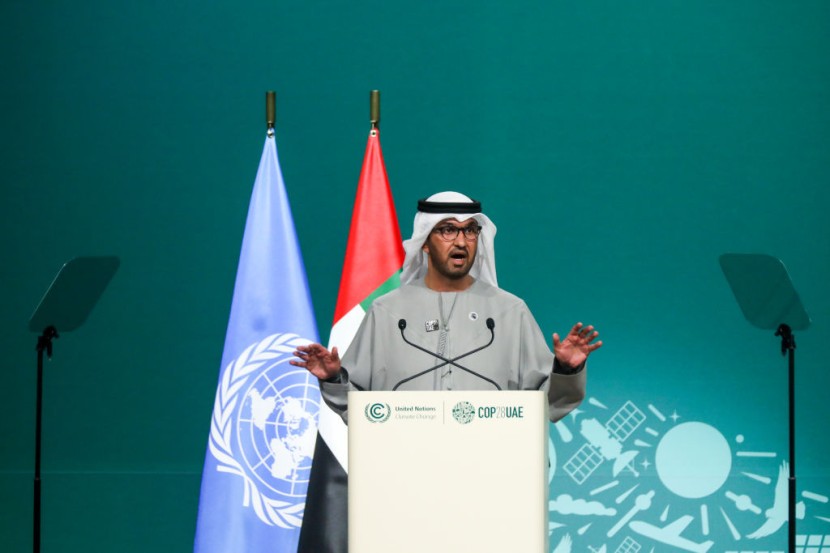World leaders who attended the COP28 Climate Summit in Dubai, United Arab Emirates, agreed to transition from using fossil fuels.
The deal marks a significant development and suggests that policy-makers are united in their desire to break with non-renewable energy. This is something that scientists argue is the last best hope the world has to stave off catastrophe stemming from global warming.
COP28 Climate Summit Agreement

In a statement, COP28 President Sultan al-Jaber said that the deal is "historic" but noted its true success would come with its implementation. He said, "We are what we do, not what we say. We must take the steps necessary to turn this agreement into tangible actions."
Following the announcement of the agreement, several nations cheered as it marked the accomplishment of something that has long eluded decades of climate talks. Norwegian Minister of Foreign Affairs Espen Barth Eide said that it was the first time the world is uniting around such a clear text on the need to transition away from fossil fuels, as Reuters.
Over 100 countries lobbied for strong language in the COP28 agreement to completely "phase out" oil, gas, and coal use. However, they came up against powerful opposition from the Saudi Arabia-led oil producer group OPEC, which argued that the world can cut emissions without shunning specific fuels.
The discussions over that particular issue pushed the summit a full day into overtime on Wednesday. They caused some observers to become worried that the negotiations would end at an impasse.
The situation comes as members of the Organization of the Petroleum Exporting Countries control nearly 80% of the world's proven oil reserves. They also control roughly a third of global oil output, and their governments rely heavily on those revenues.
Transitioning From Fossil Fuels
The UAE had built expectations sky-high in the first few days of the global climate summit as al-Jaber proposed a deal to "phase out" fossil fuels. While the final deal "calls on" nations to transition away from fossil fuel, specifically for energy systems, it is not the same for plastics, transport, or agriculture, according to BBC.
However, cheering turned into silence after a delegate representing small island states, which are more susceptible to the effects of climate change, spoke after the deal's announcement. They accused the president of pushing through the text while they were not in the room. They also argued that the final text had a "litany of loopholes."
The agreement is known as the Global Stocktake and al-Jaber said that it represents a paradigm shift, adding that it has the potential to redefine global economies. Furthermore, the energy justice director at the Center for Biological Diversity, Jean Su said that loud calls to end fossil fuels have finally landed on paper in black and white.
However, she warned that "cavernous loopholes'' threaten to undermine that breakthrough moment. Additionally, the conference held in Dubai has been marred by controversy and criticism that oil interests were influencing the negotiations, according to CNN.








